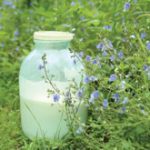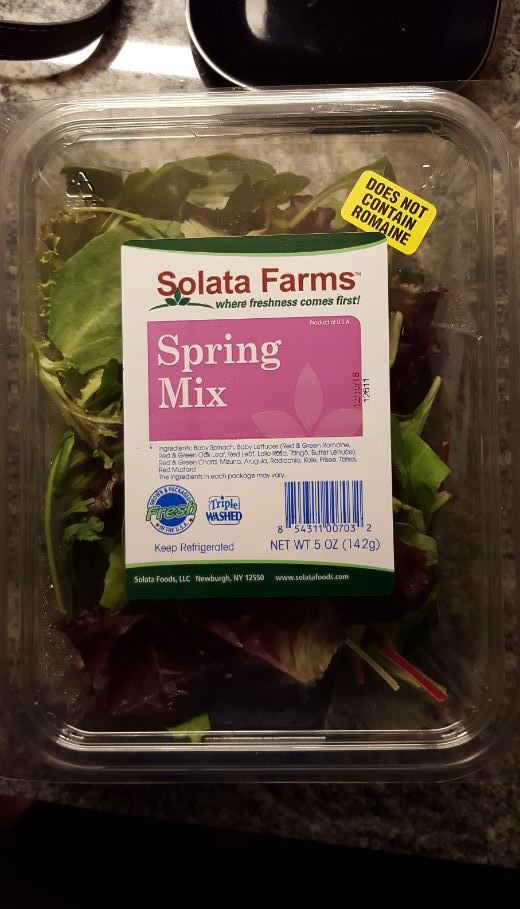I knew I wouldn’t get into rehab Friday morning because I had been drinking at 3 a.m. in a vain attempt to go back to sleep.
 Gotta blow zero to get into rehab, which I’ll do Monday.
Gotta blow zero to get into rehab, which I’ll do Monday.
But, as I said to one of my rehab buddies, whose life has spun out of control, yet he got 90% in the law courses he has taken, own it. Don’t be ashamed.
He said, I read your blog and it seems you had a falling out with Ben.
I said I’ve had a falling out with my wife of 13 years every week (she’s at hockey practice, 6 a.m. in Brisbane).
Ben, about the same.
Bad wiring.
Or, the people you are closest with and feel vulnerable enough to share your fears, are the ones to lash out at.
The produce industry needs a similar self-reckoning.
Candice Choi of APwrites that after repeated food poisoning outbreaks linked to romaine lettuce, the produce industry is confronting the failure of its own safety measures in preventing contaminations.
The E. coli outbreak announced just before Thanksgiving follows one in the spring that sickened more than 200 people and killed five, and another last year that sickened 25 and killed one. No deaths have been reported in the latest outbreak, but the dozens of illnesses highlight the challenge of eliminating risk for vegetables grown in open fields and eaten raw, the role of nearby cattle operations that produce huge volumes of manure and the delay of stricter federal food safety regulations.
A contested aspect of the regulation, for example, would require testing irrigation water for E. coli. The Food and Drug Administration put the measure on hold when the produce industry said such tests wouldn’t necessarily help prevent outbreaks. Additional regulations on sanitation for workers and equipment — other potential sources of contamination — only recently started being implemented.
We’ve been saying the same thing for over 20 years.








